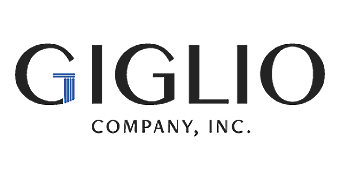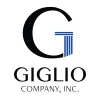The New Normal Can Lead to Complacency
“Right now, I am coaching my clients on the importance of remaining relevant to their customers,” says Giglio. “The economic climate has given the perception that all companies are struggling so, some people feel justified if sales are off. Of course, sales aren’t off for everyone and companies are doing business. But are they doing business with you? They will only if they consider your service or product as critical.”
Giglio acknowledges that the new challenges businesses face are unprecedented but that they must be overcome with new thinking, new ideas, new solutions.
“It’s no longer good enough to just maintain business relationships. Those relationships must be created anew so that customers are given a fresh perspective on your business and they see how you can help them through these economic times.”
As companies enter the latter part of the year, many are operating a new level of urgency with a sense that every transaction is critical to the success of the business. They have year-end goals to meet and they can only focus on solutions that will get them there. For companies selling to these businesses, Giglio says they must understand how the “new normal” affects their customer’s operation. He offers that this comprehension comes from asking the right questions.
“The days of presenting your product’s general benefits and functionality and then getting a sale are over,” says Giglio. “You must ask about what a company’s critical needs are, understand from where those needs arose and create a long-term solution that is based on your offering. I believe it is critical to know whether you are considered a salesperson or a trusted advisor. The latter produces far more results but takes far more effort as well.”
The “new normal” may not last forever, Giglio advises, but it will be some time before things return to the robust environment many businesses enjoyed prior to the recession. Until that time, Giglio says, companies must make sure their teams are proactively creating new relationships, even with existing customers, that are based on the current environment each customer is facing.

